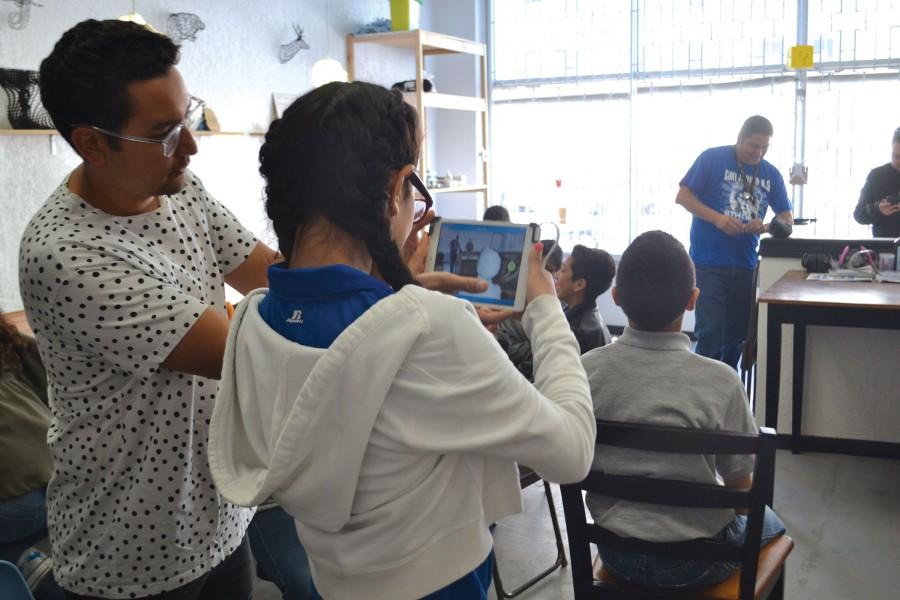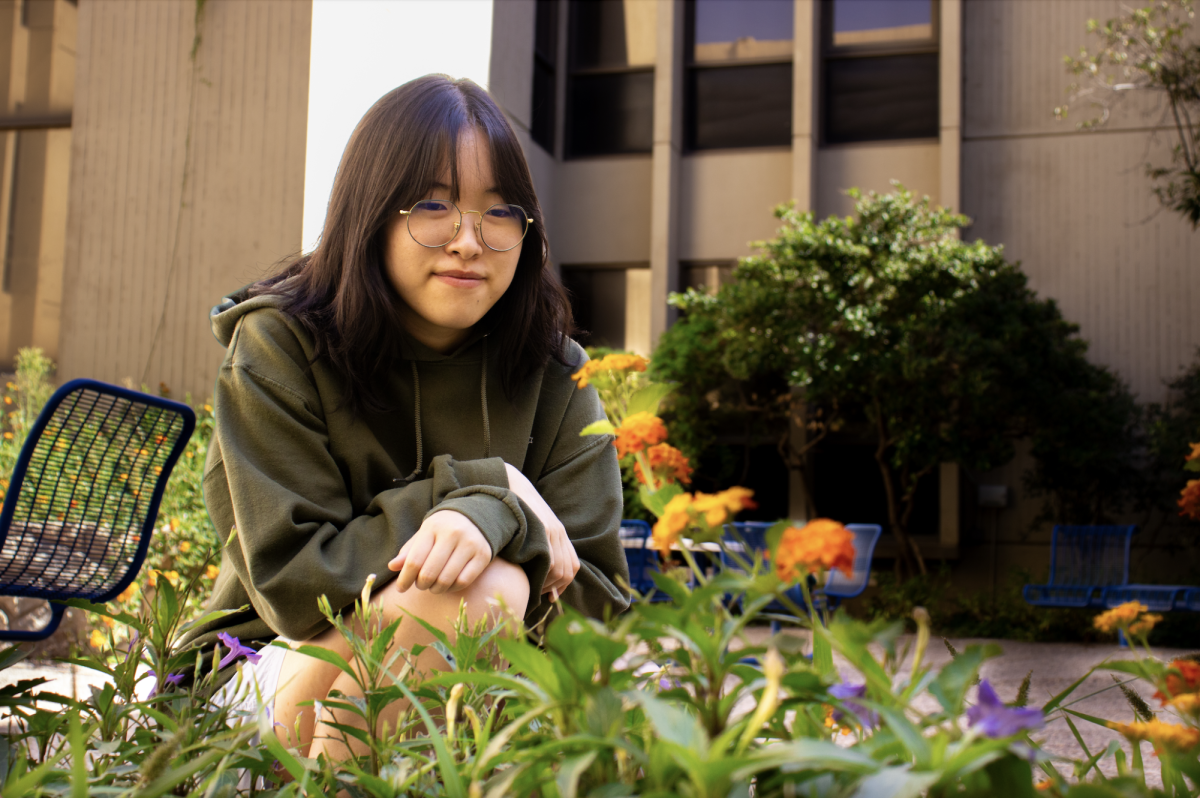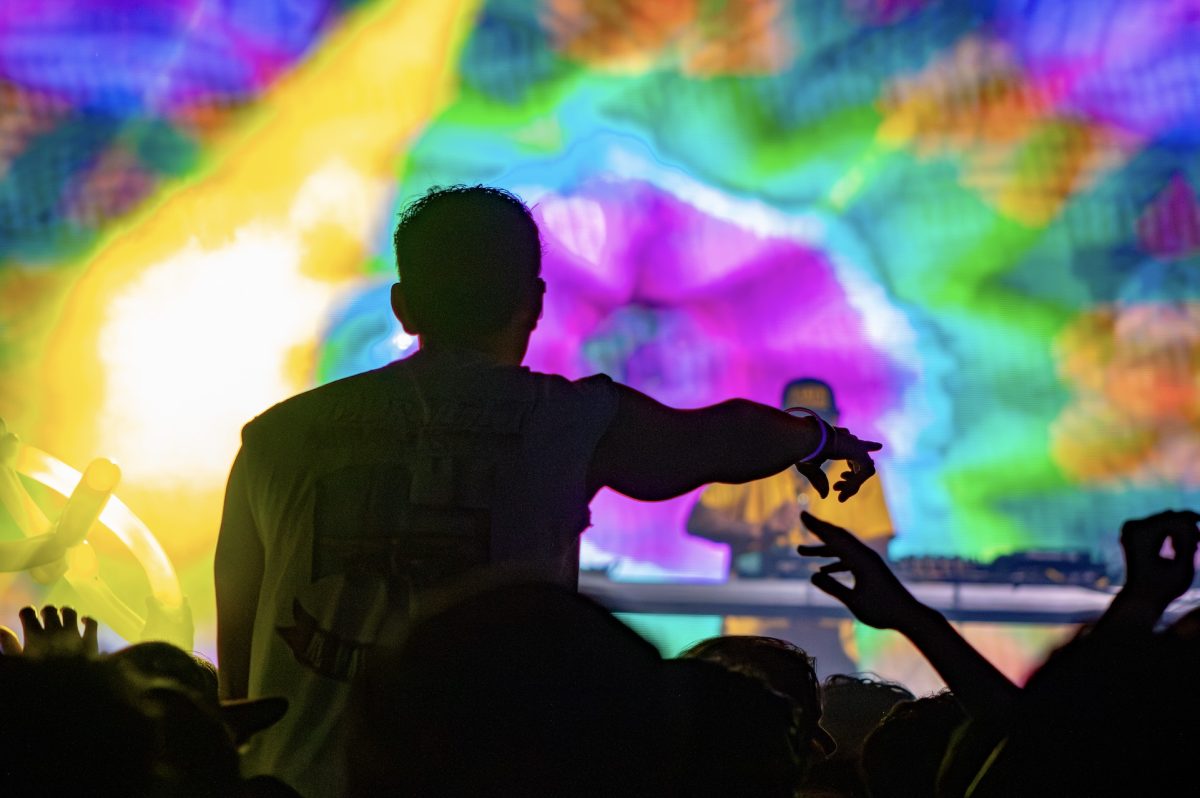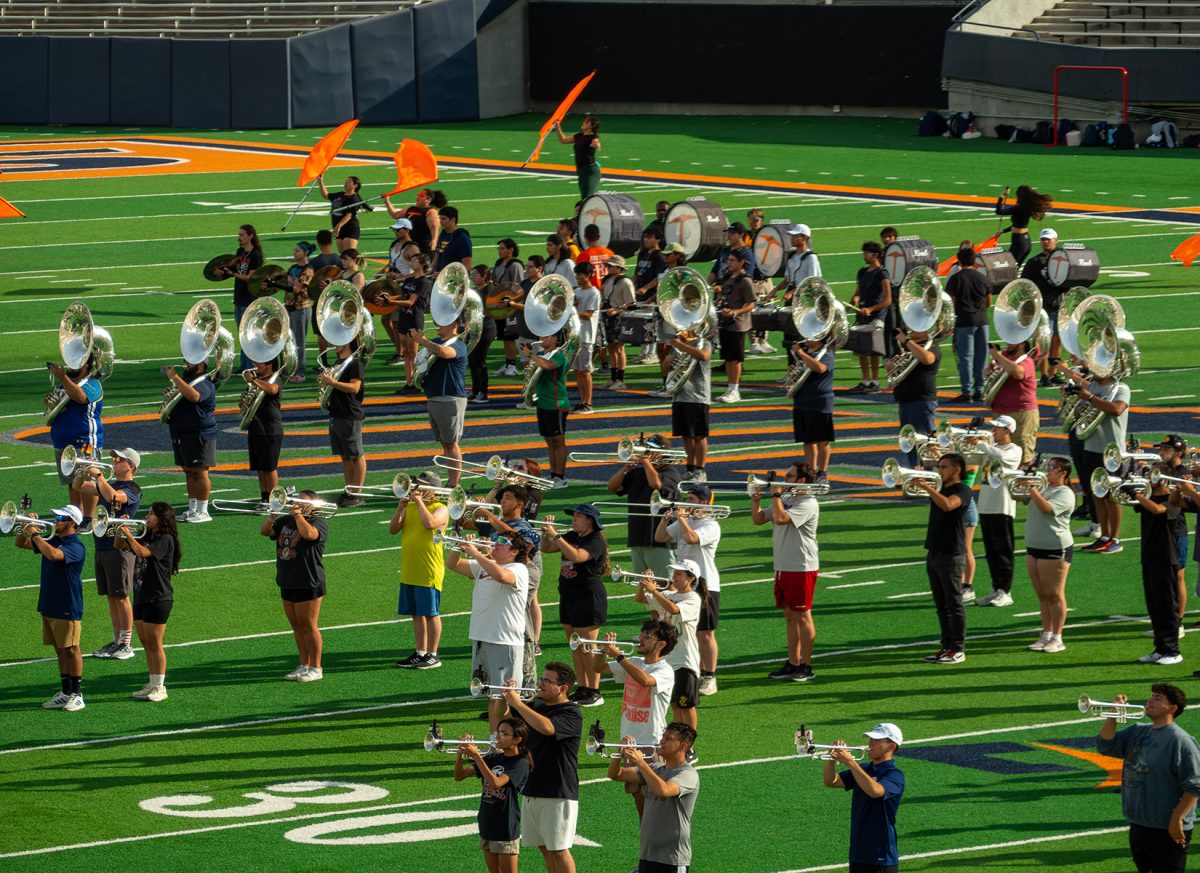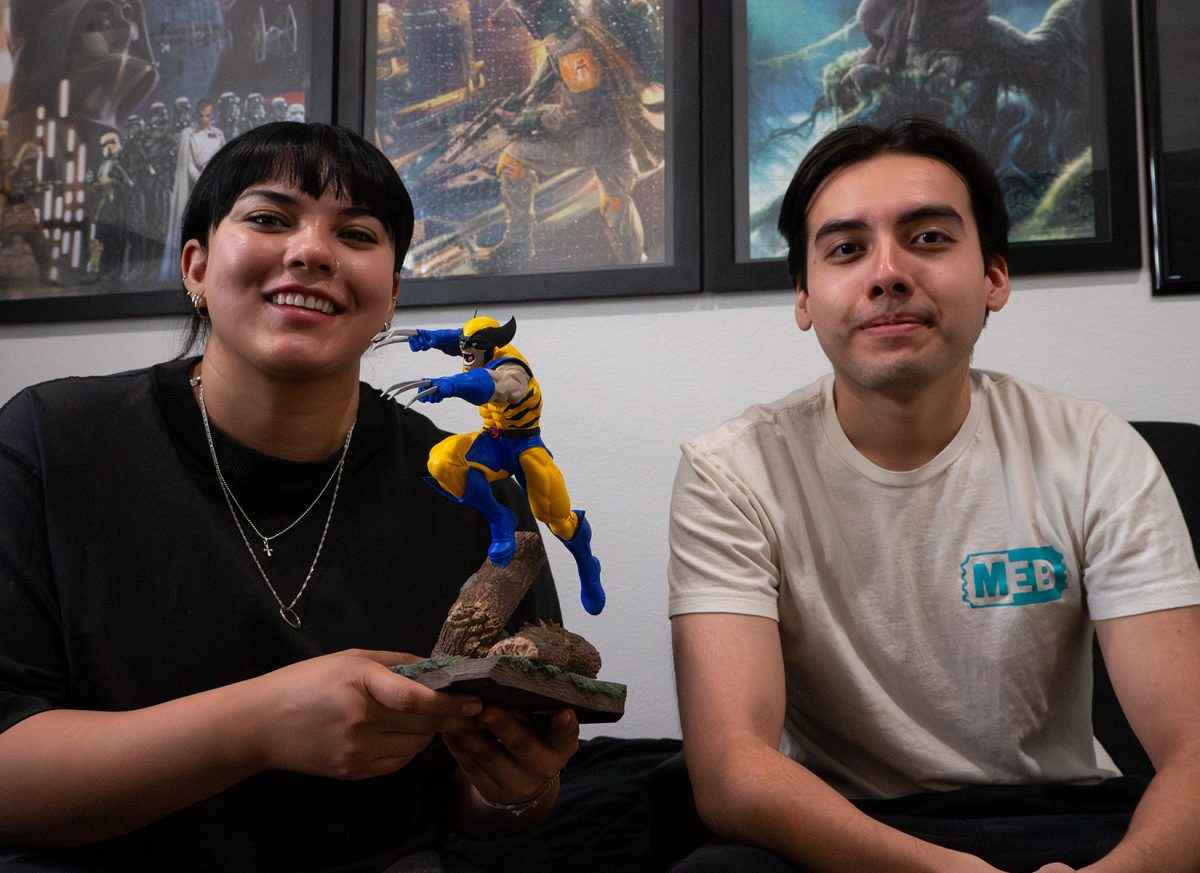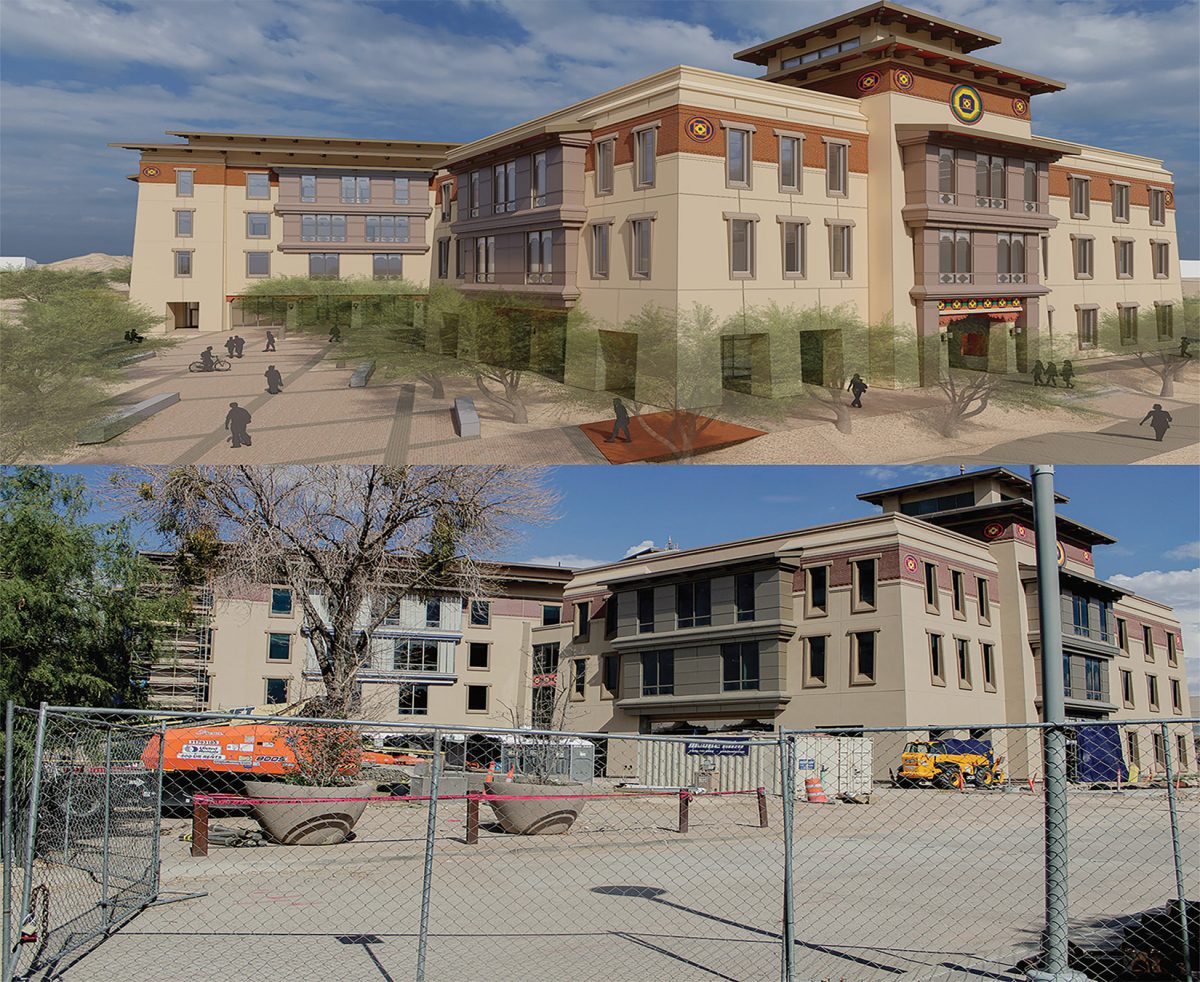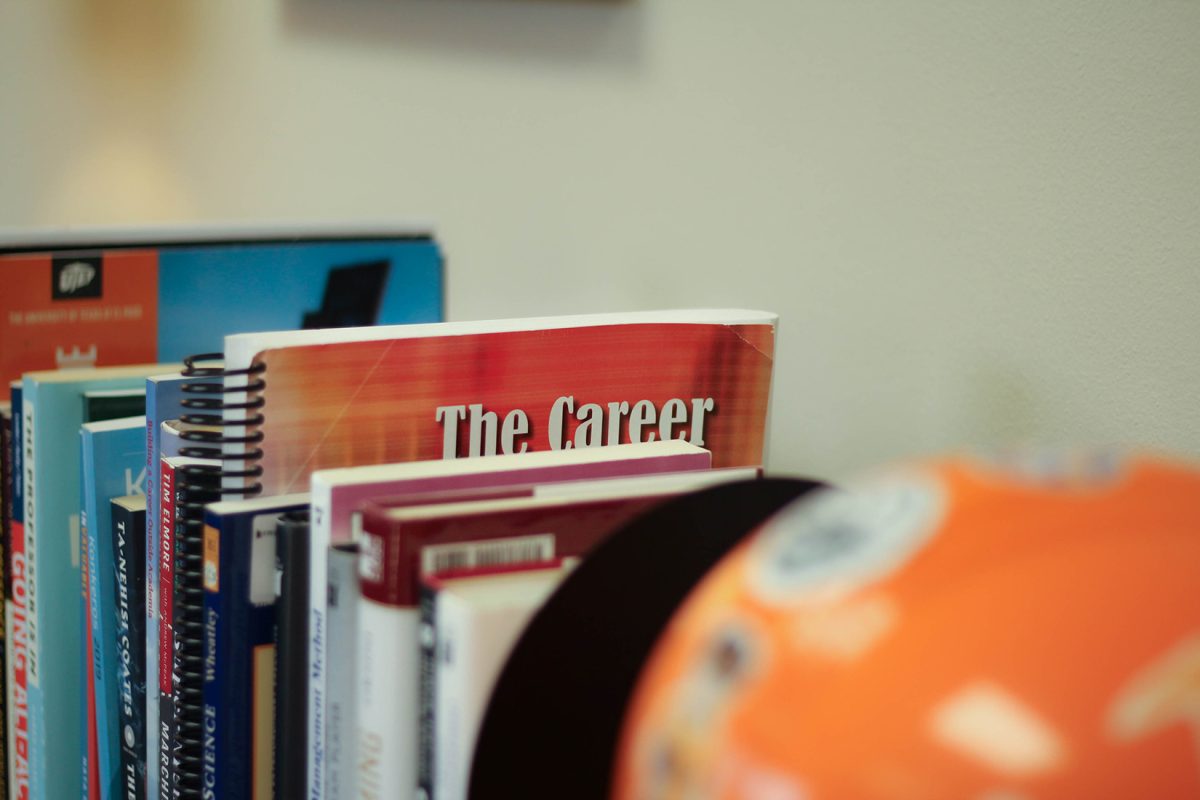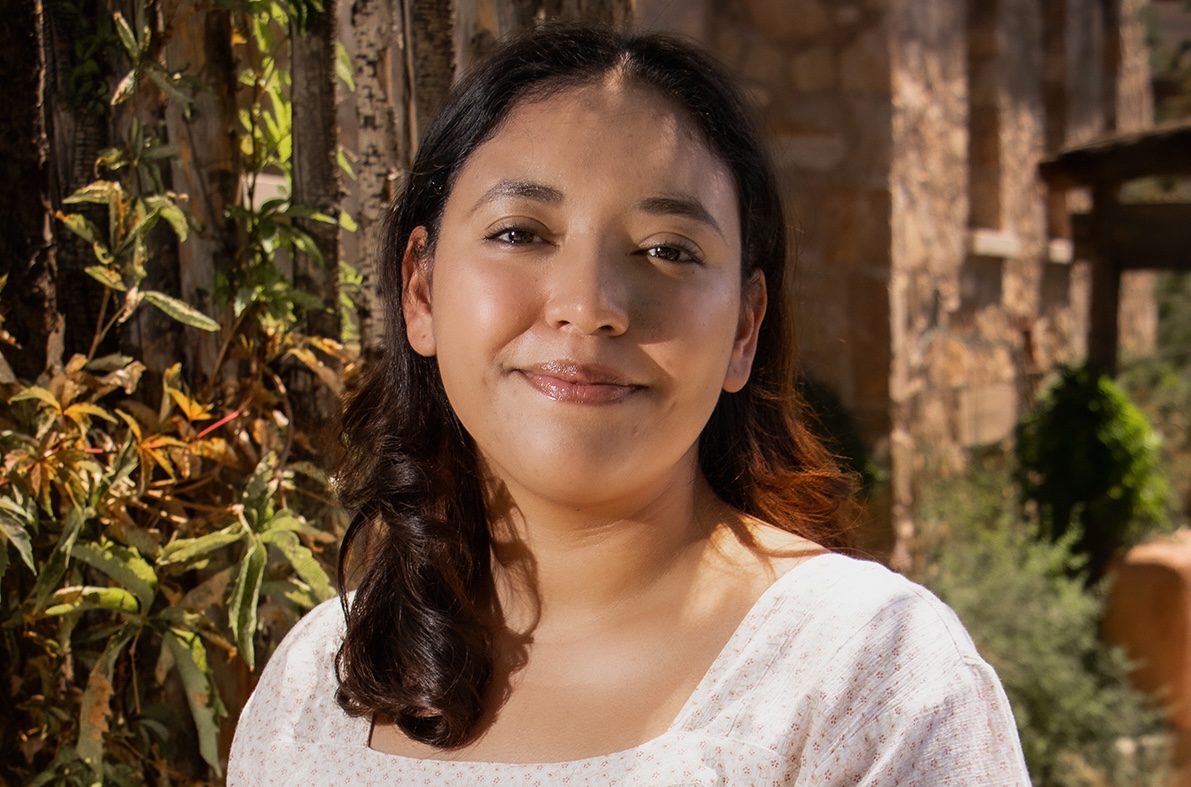Fabrication Laboratory, El Paso’s hub for the latest 3D-printing technology, has been housed in an unsuspecting concrete building at 806 Montana for two years now. By providing training in using technology and materials for individual projects, Fab Lab provides the city the ability to keep up with the age’s newest design tools.
Since its opening in 2014, Executive Director Gustavo Arriaga has been dedicated to increasing the lab’s resources in number and functionality.
“When we first began, we were using an Xbox Kinect camera to digitally scan models,” Arriaga said. “Still the same technology, but now we have specialized programs and cameras that we can use with tablets for more efficient scans.”
Ramping up their arsenal of design tools, Fab Lab now has six 3D printers dedicated to printing a range of models, from storm troopers to Buddha in a Batman mask, two laser cutters that allow people to precisely cut designs out of large sheets of material and two 3D-scanners and programs used to manipulate models on a computer.
Walking into the Fab Lab is like walking into an art gallery. Geometric animal masks and figurines line the walls and wooden tables. The chairs are engraved with intricate designs. They all share one thing in common: everything was made in the Fab Lab.
“Most of everything here was made here,” Arriaga said to a group of Clint Junior High School students during a workshop. He points to a machine that stretches the length of a dinner table. “The chairs you’re sitting on were made on that laser cutter right over there.”
The applications of these versatile laser cutters, 3D printers and scanners do not end in goofy action figures or quick art. Alejandro Cuaron, a senior metallurgical/materials and biomedical engineering major, works for the W. M. Keck Center for 3D innovation and has seen the potential this technology has for society.
“I see a lot of parts that are for mechanical testing,” Cuaron said. “I have seen printed parts from video games, but also prosthetic parts. The one we have (at the Keck Center) for sure is a knee replacement. It’s biocompatible and the advantage of 3D printing is that it can be made specifically to someone’s body.”
As the technology becomes more easily produced, innovations like replacement knees will soon sprout in the fields of medicine and engineering.
“The technology is there,” Cuaron said. “It’s just finding more materials. Once you find more materials to use, the number of applications grows.”
Fab Lab dedicates its efforts to teaching the public how to master these technologies. Private workshops for both a group of curious friends or elementary school classes may be scheduled on their website, fablabelpaso.org. Quotes on production cost of individual projects, along with a list of public events, can also be found on the Fab Lab website.
Mike Vasquez may be reached at [email protected].

